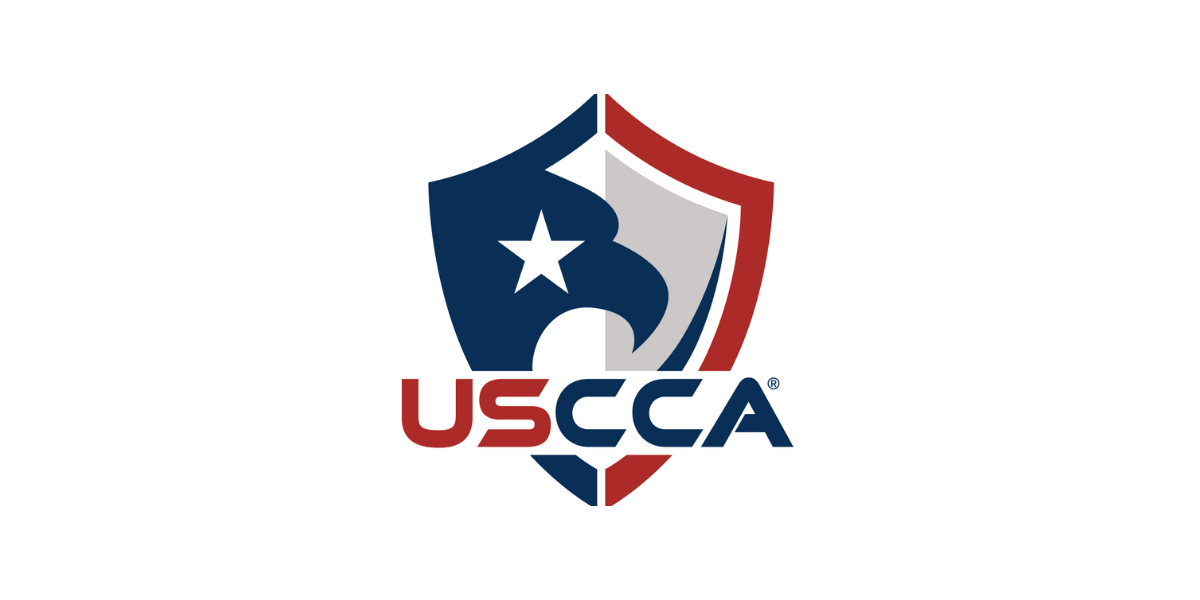On April 20, 2024, the 2024-2025 New York state budget was approved, ushering in many significant changes employers should take note of. While some of the initial proposals did not make the final draft, there are three (3) significant changes coming to New York that employers need to review. Find a breakdown of the major changes below.
Paid Prenatal Leave
Taking effect on January 1, 2025, New York State private sector employers will be required to provide employees with twenty (20) hours of paid prenatal leave each year, amending New York Labor Law § 196-b. Cut in half from the originally proposed forty (40) hours, this leave can be taken for health care services received by an employee during their pregnancy or related to such pregnancy, including physical examinations, medical procedures, monitoring and testing, and discussions with a health care provider related to the pregnancy.
One aspect to note is that this leave is separate from the existing hours of paid sick leave mandated by state law and can be used in hourly increments. Additionally, employees must be paid their regular rates of pay when using this leave.
Paid Breaks for Breast Milk Expression
In a similar vein to prenatal leave, Governor Hochul also proposed adding paid break time to express breast milk throughout the day. Currently, New York laws allow employees to take reasonable unpaid breaks for this purpose at least once every three (3) hours, or as the employee may reasonably desire. But as of June 19, 2024, employers are required to provide paid thirty (30) minute breaks for this reason, amending New York Labor Law § 206-c.
Originally, the proposed amount of time was only going to be twenty (20) minutes but was increased during negotiations. Additionally, employees are allowed to use other paid breaks or mealtimes for longer than thirty (30) minutes, “each time such employee has reasonable need to express breast milk.” One thing to note is that given the wording of “each time,” it is possible that an employee might be entitled to multiple paid breaks throughout the workday for this reason.
Paid COVID-19 Sick Leave
One of the most anticipated changes resulting from the budget approval was the sunsetting of paid COVID-19 sick leave. Many employers have been hoping for this change, as they are still required to provide paid time off for employees who are under a mandatory obligation to quarantine or isolate due to COVID-19 as the pandemic fades further into the rearview.
While the bill originally proposed for paid COVID-19 sick leave to end on July 31, 2024, the final bill extends it out another year to July 31, 2025.
You can contact us 24 hours a day, 7 days a week via phone at 8885294543, by e-mail at info@tullylegal.com or by clicking the button below:
What Didn’t Make the Final Budget?
There were a handful of other employment-related initiatives that did not end up making the final draft, with two of the most notable being no limits on liquidated damages for “frequency of pay” violations and no increased disability protections and benefits.
Frequency of Pay Violations
The Governor’s proposal to clarify Labor Law § 198, which requires weekly pay for manual workers and liquidated damages for violations, failed to pass the legislative process. The measure would have clarified that if an employee is paid at least semi-monthly, they are not entitled to 100% liquidated damages, resolving a dispute among New York courts. Without legislative clarity, the question of liquidated damages for manual workers who are not paid weekly by their employers will be litigated until the State Court of Appeals resolves the divide among courts or until a legislative change is proposed and a law is signed by the Governor.
Lack of Increase in Disability Benefits
Employees in New York are currently entitled to statutory short-term disability payments if they are unable to work due to a nonwork-related sickness or accident. These benefits simply provide wage replacement and do not guarantee any time off from work; nevertheless, employees may be entitled to leave protections under other statutes, such as the Family Medical and Leave Act or the Americans with Disabilities Act. The weekly cap for wage replacement benefits, which has not increased in 35 years, is $170. Initial budget plans contained provisions for job-protected leave and an increase in pay replacement benefits, but these were not implemented.
What’s Next for New York State?
This year’s budget brings many notable changes that employers should be aware of in the coming months and years. While some of the proposed initiatives did not come to pass, employers should consider reviewing and updating their policies and procedures to ensure they comply with these new changes.
Allen A. Shoikhetbrod is the Managing Partner of Tully Rinckey PLLC’s Albany office and is also the Practice Chair of the New York State Labor and Employment Practice, as well as a Team Leader for the Federal Employment Practice. Allen has extensive experience in federal, state and private employment law matters, including claims of discrimination, harassment, retaliation, qui tam and whistleblower actions, and disciplinary matters. He can be reached at info@tullylegal.com or at 8885294543.








